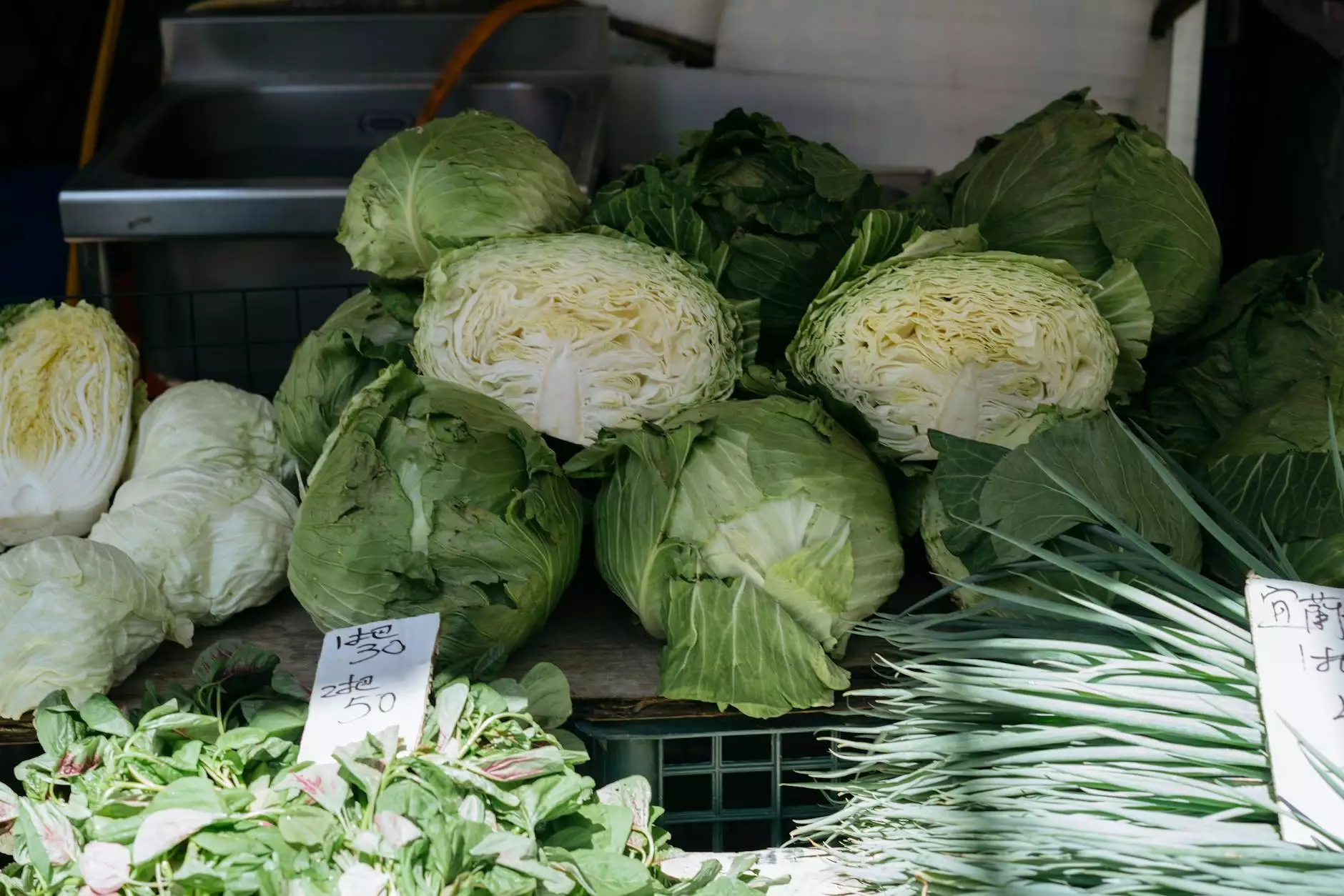Fruiting Vegetables - ECHO

The Benefits of Growing Fruiting Vegetables
Fruiting vegetables, such as tomatoes, peppers, cucumbers, and eggplants, offer a wide range of health benefits and are a delicious addition to any meal. At Aventuras Naturales, we believe in the importance of sustainability and self-sufficiency. Growing your own fruiting vegetables not only ensures a fresh and pesticide-free harvest but also reduces your carbon footprint and promotes a healthier lifestyle.
Essential Tips and Tricks for Cultivating Fruiting Vegetables
1. Choosing the Right Varieties
When selecting fruiting vegetable varieties for your garden, it's important to consider factors such as climate, soil conditions, and available space. Heirloom varieties are often known for their superior flavor, while hybrid varieties exhibit improved disease resistance. Research and choose the varieties that best suit your specific gardening needs.
2. Providing Adequate Sunlight
Fruiting vegetables thrive in full sunlight, so ensure that your garden receives at least 6-8 hours of direct sun daily. If your garden is shaded, consider container gardening or utilizing raised beds to optimize sunlight exposure.
3. Preparing Healthy Soil
The quality of your soil plays a crucial role in the success of your fruiting vegetables. Prior to planting, amend your soil with organic matter, such as compost or well-rotted manure, to enhance its fertility and drainage. Regularly testing and adjusting the pH levels can also benefit specific varieties.
4. Proper Watering Techniques
Consistent and appropriate watering is key to achieving healthy fruiting vegetables. Allowing the soil to dry out between watering prevents overwatering and root diseases. Apply water directly to the base of the plants, avoiding the foliage, to minimize the risk of fungal diseases.
5. Integrated Pest Management
Preventing and managing pests is essential for a successful harvest. Implement integrated pest management (IPM) strategies, such as companion planting, biological control, and organic pest repellents. Regularly inspect your plants for signs of pests and take immediate action to minimize damage.
6. Proper Plant Spacing
Overcrowding can result in poor air circulation, increased disease susceptibility, and smaller harvests. Follow spacing recommendations for each fruiting vegetable variety to ensure adequate room for growth and proper nutrient uptake. Prune and stake indeterminate varieties for optimal productivity.
7. Fertilizing for Optimal Growth
Providing your fruiting vegetables with appropriate nutrients is essential for their overall health and productivity. Consider using slow-release organic fertilizers or compost to ensure a steady supply of nutrients throughout the growing season. Follow package instructions and avoid overfertilization, which can cause root burn.
Growing Fruiting Vegetables - A Sustainable Choice
Gardening provides an excellent opportunity to contribute to a sustainable future. By growing your own fruiting vegetables, you reduce reliance on commercially-grown produce that often travels long distances, contributing to carbon emissions. Embracing organic and sustainable gardening practices not only benefits your health but also supports a greener world.
Join the Fruitful Journey with Aventuras Naturales
At Aventuras Naturales, we are passionate about helping you succeed in your gardening endeavors. Whether you're a novice or an experienced gardener, our team of experts is dedicated to providing you with the knowledge and resources you need to grow an abundant harvest of fruiting vegetables. Explore our website for more gardening tips, tricks, and inspiration, and embark on the fruitful journey with us!










